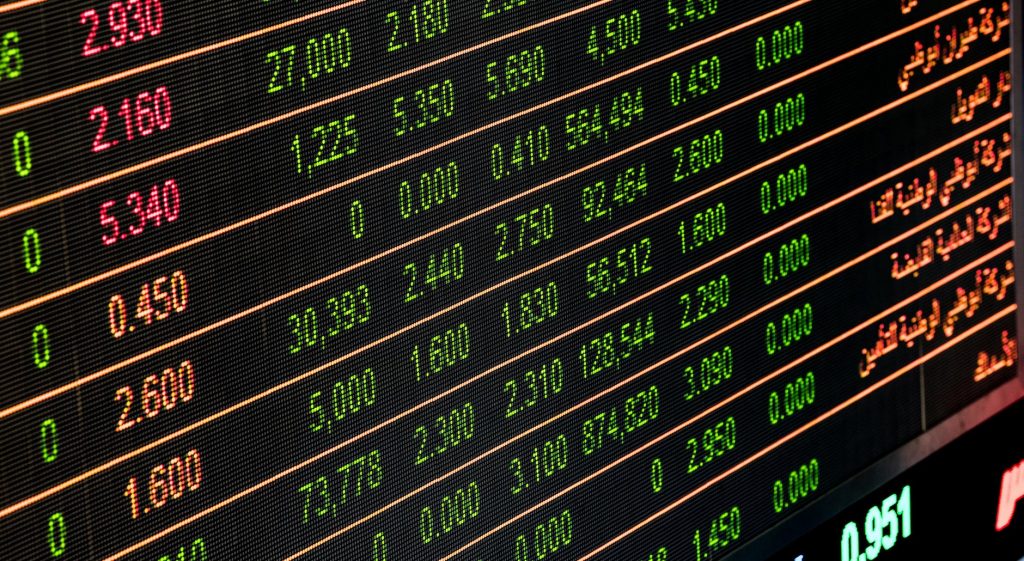The Benefits of Forex Trading Over Stock Trading

The financial market is a vast and complex world that presents a multitude of investment options. Dominating these options are forex trading and stock trading. While both have their unique sets of advantages, forex trading is often seen as having the upper hand. This article offers an in-depth exploration of the specific benefits of forex trading over stock trading.
Unparalleled Market Accessibility:
The accessibility of forex trading is unmatched. This market operates 24 hours a day, five days a week, encompassing different trading sessions around the globe. This continuous operation is in sharp contrast to the stock market, which adheres to a fixed schedule, typically from 9 AM to 5 PM, five days a week. As a result, forex trading provides the freedom to engage in trading activities at any time that suits the trader. This round-the-clock accessibility caters to the needs of investors with varying schedules and in different time zones, making forex trading a more flexible investment avenue.
The Power of Liquidity:
Forex trading boasts the highest liquidity seen in any financial market due to its sheer size and global reach. Trillions of dollars exchange hands within the forex market daily, dwarfing the daily trading volume of the stock market. High liquidity is beneficial as it allows for rapid buying or selling of currency pairs without significantly impacting the market price. This level of liquidity can lead to lower transaction costs and less price slippage, making forex trading a potentially more profitable endeavor.
The Advantage of Fewer Choices:
Unlike the stock market, where investors have a dizzying array of stocks to consider, forex trading primarily revolves around eight major currencies. This reduced number of choices simplifies the decision-making process, allowing traders to focus their efforts on analysing the economic, geopolitical, and social factors that directly influence these currencies.
The Leveraging Edge:
Forex trading offers significantly higher leverage compared to stock trading. Leverage is essentially borrowed capital that can magnify the potential return on an investment. While leverage can be a powerful tool to amplify profits, it is a double-edged sword as it can also magnify losses. Hence, it is crucial for traders to understand and manage their leverage risk effectively.
Minimized Transaction Costs:
Forex trading often comes with lower transaction costs compared to stock trading. The bid-ask spread – the difference between the price at which a trader can buy a currency pair and the price at which they can sell it – is typically the primary trading cost in forex. Some forex brokers even offer commission-free trades, meaning lower costs and hence potentially higher profits.
Profiting in Both Rising and Falling Markets:
In contrast to the stock market, where profitability is primarily reliant on an upward movement in stock value, forex trading allows for profit-making from both rising and falling markets. This is because forex trading involves buying one currency while selling another. Hence, whether a currency is appreciating or depreciating, there’s always an opportunity for traders to make gains.
The benefits of Forex trading over stock trading, while forex trading certainly presents several distinctive advantages, it’s important to underline that it also involves significant risks due to its complex nature and high leverage. As such, it is highly recommended that potential investors equip themselves with a robust understanding of the forex market and possibly seek guidance from financial professionals or seasoned traders. Remember, informed trading is smart trading.

